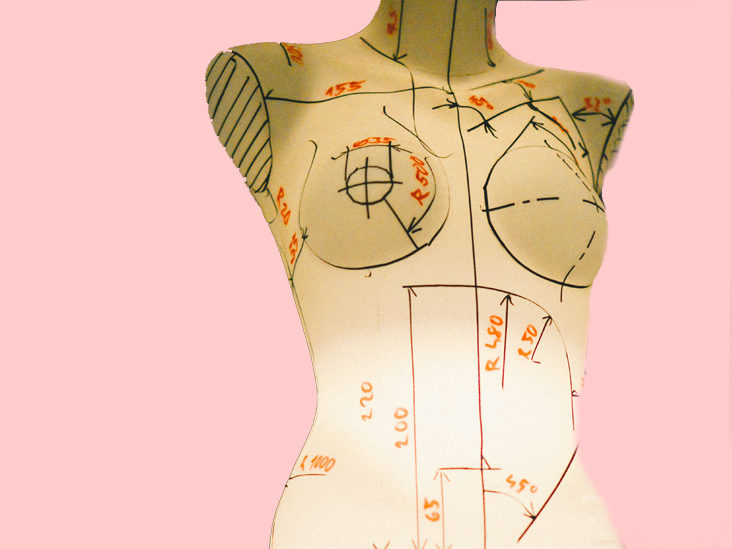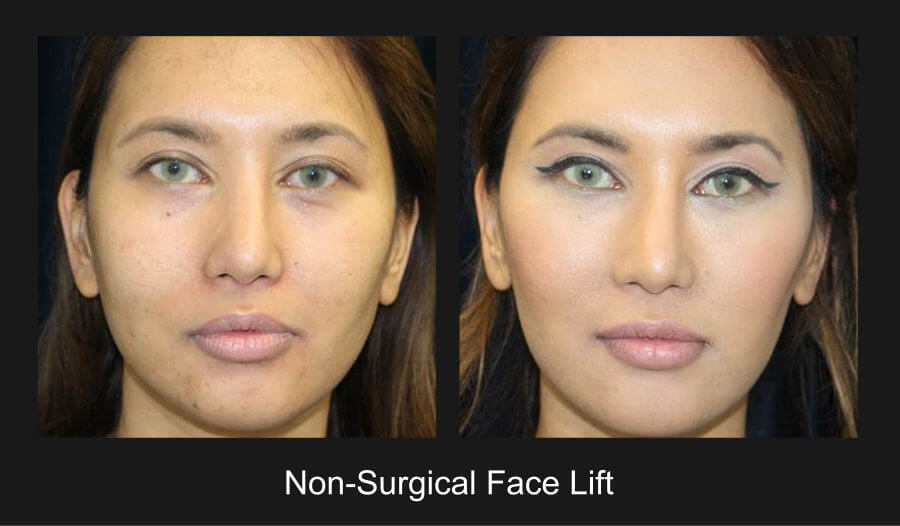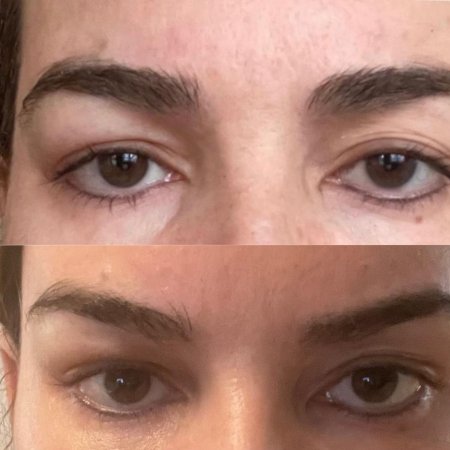
If you are considering getting a breast implant after radiation, you may be wondering if you should consider getting an autologous tissue breast reconstruction. This involves transferring excess abdominal tissue to the chest and using the specialized microsurgery techniques. This procedure is performed by a double-board certified surgeon, who has also been fellowship trained in this area.
Incidences of complication
Complications associated with radiation treatment can significantly impact the results of breast implant surgery. Patients may need to undergo multiple procedures before achieving satisfactory results. In severe cases, breast implants may be removed. Another problem is hematoma. This is an accumulation of blood near a surgical site. This can lead to swelling, bruising, or pain. This is more common in patients who have had an infection or seroma. A doctor may be required to perform a repeat operation to correct the problem.
Implant contracture (or asymmetry) is another danger associated with radiation treatment. This is most commonly caused by muscle. It may be necessary for revision surgery to correct it. Before surgery, the surgeon will measure and mark the contracted superior Pole contour. The surgeon may also mark the desired superior Pole contour two to 4 centimeters below that contracted pole contour. The breast contour should match the non-irradiated contralateral breast.

Impact on quality and life
Research into breast cancer is continuing to explore the impact radiation and breast-implant placements on quality life. It is becoming more clear that patients who combine the two procedures are better able to enjoy a higher quality of living and a better cosmetic outcome. It is still a matter of debate which method is best. It is possible to reach consensus on the best approaches for patients through research.
Modern surgery and radiation therapy may reduce the chances of breast carcinoma recurrences. With modern treatment, the rate of recurrence is between 5% and 7% after ten year, and between 6% and 7% after twenty years. Radiation therapy may increase the risk of complications in breast cancer survivors.
Complications
Breast implants or radiation therapy pose a risk to women. These include a loss of breast firmness and elasticity. Moreover, radiation damages the microvascular circulation, reducing blood flow. These side effects persist for life. In addition, radiation treatment can cause inflammation in the lungs. This can lead to shortness and dry cough.
Researchers evaluated complication rates at two years for patients who underwent reconstruction with breast implants and radiation. Patients who had radiation and breast implants were found to have at least one complication. This rate is significantly higher than for patients with implants only who underwent autologous surgery. However, the overall complication rates were comparable.

Options for treatment
The treatment options for radiation-induced breast cancer and breast implants include autologous tissue transfer and breast reconstruction. The second involves transferring fat and excess skin from the abdomen back to the chest. This method improves the quality and blood supply of the chest wall tissues. Although the procedure may take longer, it can have fewer complications.
There are several risks associated with breast implantation surgery and radiation therapy. You must choose the right treatment option to ensure your comfort, overall health, and well-being. Radiation can cause scarring and hardening to breast implants. This can result in a less appealing cosmetic result. It can also cause long-term pain. Radiation therapy can also cause chronic pain. Breast reconstruction is recommended following radiation therapy.